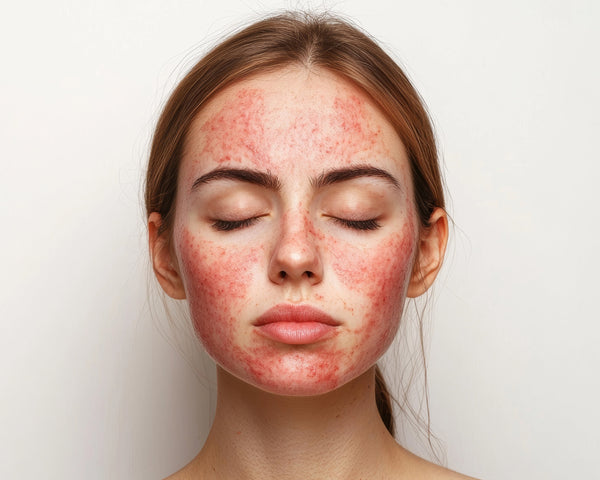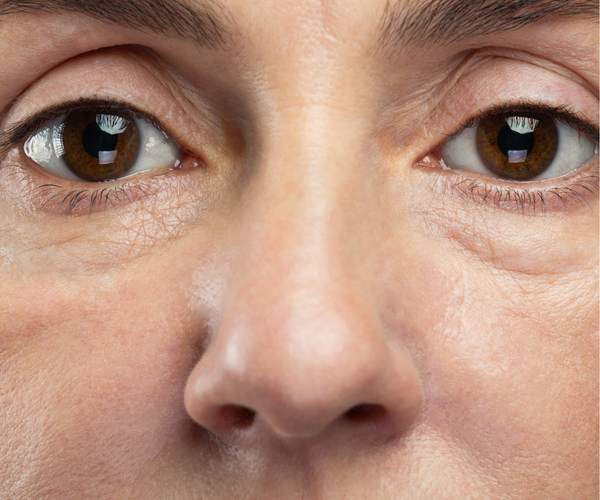Accutane for Skin: A Comprehensive Guide to Safety and Efficacy

What is Accutane?
Accutane, also known by its generic name isotretinoin, is a powerful medication used to treat severe acne. Unlike topical treatments, Accutane works systemically, affecting the entire body. It reduces sebum production (the oily substance that contributes to acne), prevents clogged pores, and diminishes inflammation. This makes it a highly effective option for individuals with cystic acne, nodular acne, or acne that hasn't responded to other treatments.
Accutane is a retinoid, meaning it's a derivative of vitamin A. It's prescribed by dermatologists and requires careful monitoring due to its potential side effects. Therefore, it's crucial to have open communication with your doctor throughout the treatment process.
Is Accutane Safe?
Accutane is generally considered safe when used under strict medical supervision. However, it's essential to acknowledge the potential side effects. Common side effects include dry skin, chapped lips, nosebleeds, and temporary hair thinning. Some individuals may also experience joint pain, muscle aches, or increased sensitivity to sunlight.
More serious, though rare, side effects may occur. These include increased risk of depression, inflammation of the bowel, and liver abnormalities. Regular blood tests and monitoring are crucial to detect any potential issues early on. The FDA mandates a specific iPledge program for patients taking Accutane due to its potential impact on pregnancy. Women of childbearing age must undergo pregnancy testing and adhere to strict birth control measures before, during, and after treatment.
Accutane and Your Skincare Routine
While Accutane effectively treats acne, maintaining a proper skincare routine is still important. The medication can cause severe dryness, necessitating a gentle approach. Here are some key recommendations:
- Gentle Cleanser: Use a fragrance-free, non-comedogenic cleanser designed for sensitive skin. Avoid harsh scrubbing.
- Moisturizer: Hydration is key. Apply a thick, non-comedogenic moisturizer several times a day.
- Sunscreen: Accutane increases sun sensitivity. Use a broad-spectrum sunscreen with an SPF of 30 or higher daily.
- Lip Balm: Keep your lips well-hydrated with a protective lip balm containing SPF.
Remember, it's crucial to discuss your skincare routine with your dermatologist before starting Accutane. They can provide personalized guidance on products that complement your treatment.
Accutane and Healthy Skin: Long-Term Outcomes
For many, Accutane offers a long-lasting solution for severe acne. While some individuals may experience acne recurrence after treatment, the majority see a significant improvement in their skin's condition. Maintaining a consistent skincare routine and adopting healthy lifestyle habits, such as a balanced diet and stress management, are crucial for supporting long-term healthy skin.
Accutane isn’t a miracle cure; it’s a powerful tool that, when used responsibly and in conjunction with a holistic approach to skincare and well-being, can lead to clearer, healthier skin. It's vital to remember that each individual responds differently to medication, and consultation with a dermatologist is the first step toward achieving acne-free, healthy skin.
Who Should Consider Accutane?
Accutane is generally reserved for individuals with severe acne that hasn't responded to other treatments, including topical medications and antibiotics. Your dermatologist will assess your skin condition and medical history to determine if Accutane is the right choice for you. The decision involves weighing the potential benefits against the risks and side effects.
If you struggle with acne prone skin and are considering Accutane, consult with a board-certified dermatologist. They can provide personalized advice, discuss potential risks and benefits, and help you make an informed decision. They can also help you to develop an effective skin care routine to help you achieve your clear skin goals.




